T3 total is an indicator that reflects the amount of unbound blood proteins (free) and bound thyroid hormone T3. It regulates the level of the hormone T3 of the total activity of thyroxin-binding globulin in the blood plasma. If its content is elevated, total triiodothyronine also increases for a short period of time. Initially, the increase in binding serum reduces the amount of free T3 and T4, but then the mechanism for maintaining homeostasis is activated, and T4 and total T3 are gradually returning to normal. Triiodothyronine is one of the most active thyroid hormones, which is involved in most biochemical processes in the body.
Functions brief description
In the blood plasma, the hormone is in an inactive, serum-protein-bound form, and an active, free form. T3 is synthesized by follicular cells of the thyroid gland in a small amount (1/4 of the total amount of the hormone), and most of it is formed during the deiodination of thyroxine (T4) in the liver and kidneys. Since one bond remains free, and the bond with proteins is more labile, the T3 activity is five times higher than the T4 activity.
T3 total is characterized by seasonal fluctuations in concentration. The minimum activity of the hormone is observed in the summer, and the maximum - in the autumn-winter. At the age of 11-15 years, T3 total reaches a concentration characteristic of adult individuals. Hormone levels are also affected by age characteristics without taking into account gender differences..
T3 total can be a marker of gerontological changes in the body, since at the age of over 65 its activity decreases by 10-50%, which is due to a decrease in hormone synthesis. However, the total T3 in the blood remains within the reference values. With age, the conversion of T4 to T3 decreases, which also affects the level of the hormone.
The amount of total T3 hormone is influenced by the activity of the transported protein blood, which changes with the following pathologies:
- hypoestrogenism;
- pregnancy;
- HIV;
- Porfiria;
Modern research methods make allow to detect triiodothyronine at a concentration of less than 0.01 mIU/l, which increases the reliability and information content of the analysis. To determine the level of total T3, venous blood is examined using an immunochemiluminescent analysis.
Indications for the test
The indications to order T3 test are the following pathological conditions:
- thyroid pathology of various etiologies;
- determining the effectiveness of prescribed treatment for hyperthyroid conditions;
- control of therapeutic effect in isolated T3-toxicosis;
- differential study of the results of treatment using thyroid hormone medications and oppressive therapy with thyroxin medications;
- deviation towards increase or decrease from the norm of the total T3 amount at a normal concentration of T4 free
- symptoms of thyroid hyperfunction and normal T4 free.
Comparison of the results obtained is carried out with the reference values of the T3 total level. Reference values of total T3 (nmol / l), depending on age, are indicated in the table:
|
Age |
Т3 total level (nmol/l) |
|
Children: 0-3 days |
1,48-4,48 |
|
4-30 days |
0,95 3,74 |
|
2-24 months |
1,25-4,31 |
|
2-6 years old |
1,27-,3.87 |
|
7-11 years old |
1,42-3,37 |
|
12-15 years old |
1,28-3,31 |
|
15-65 years old |
1,23-3,10 |
In order for the analysis to give an objective value, preliminary preparation for its doing needs.
Preparation for the test
Before making the T3 blood test, it needs to consult with a lab assistant in the selected laboratory or an endocrinologist how to prepare for giving the material. You need:
- stop in advance (30-35 days) taking thyroid hormones, in agreement with the attending physician;
- stop taking iodine-containing medicines 2-3 days before;
- do not use iodine-containing substances for diagnostic x-ray contrast studies;
- a day before the analysis to exclude intense physical activity and unrest;
- give blood on an empty stomach. The break should be at least 4-5 hours.
Compliance with the preparation rules is a guarantee of obtaining objective test results.
Interpretation of analysis results
An indicator shift in one or another direction relative to the norm indicates the pathology of the thyroid gland and other systemic diseases:
- T3 total is increased at:
- primary and secondary hyperthyroidism;
- iodine deficiency;
- diffuse toxic goiter;
- isolated T3-toxicosis;
- systemic pathologies;
- thyroiditis;
- functional insufficiency of the thyroid gland with insensitivity to thyroxine;
- impaired thyroid function in the postpartum period;
- metabolic disorders and obesity;
- condition after hemodialysis;
- melanoma with a large number of immunoglobulins;
- choriocarcinoma;
- nephrotic syndrome;
- thyrotoxic thyroid adenoma;
- endemic goiter, etc.;
- the hormone level is reduced when:
- euthyroid syndrome;
- hypothyroidism I, II, III;
- maintaining a starvation diet or a diet low in protein;
- constant stress;
- tobacco abuse;
- chronic liver pathologies;
- in the I and III trimester of pregnancy;
- uncompensated adrenal insufficiency.
The use of certain types of medications can lead to a shift in the activity of total T3. Can increase total triiodothyronine:
- opioid medications (methadone, heroin);
- hormones (estrogen, thyroxine);
- H2-histamine receptor blockers;
- insulin;
- oral contraceptives.
Reduce the amount of total T3 in blood plasma:
- anabolic steroids;
- male sexual hormones;
- salicylates;
- phytotoxins;
- lipid-lowering substances;
- glucocorticoids;
- NSAIDs;
- antibiotics;
- β1-adenoblockers;
- Terbutaline, Amiodarone, etc.
Autoantibodies can also affect test results. In order to correctly interpret the analysis results, it is necessary to take into account many factors, so the decoding is carried out by professionals. The price of this analysis depends on the center where the study is carried out, the timing of decoding, and other factors.




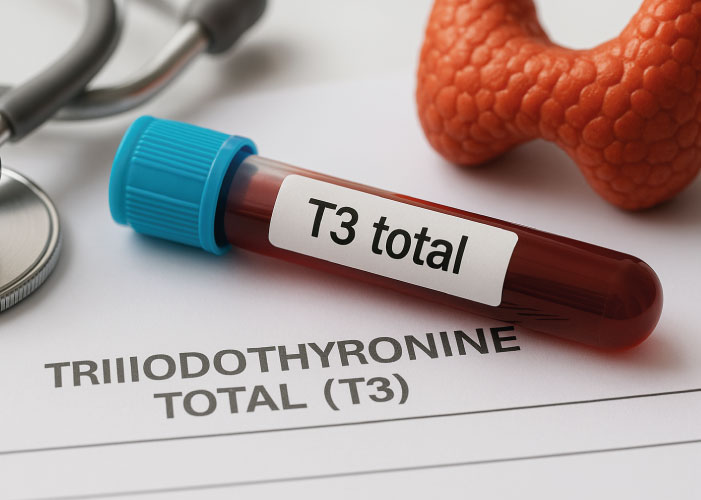
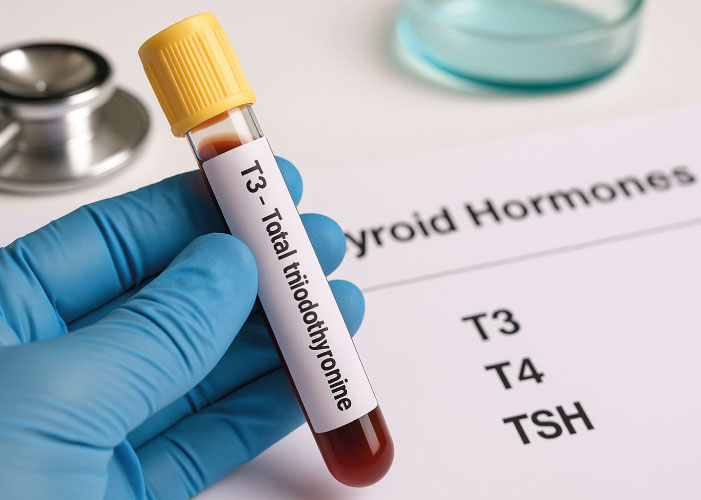























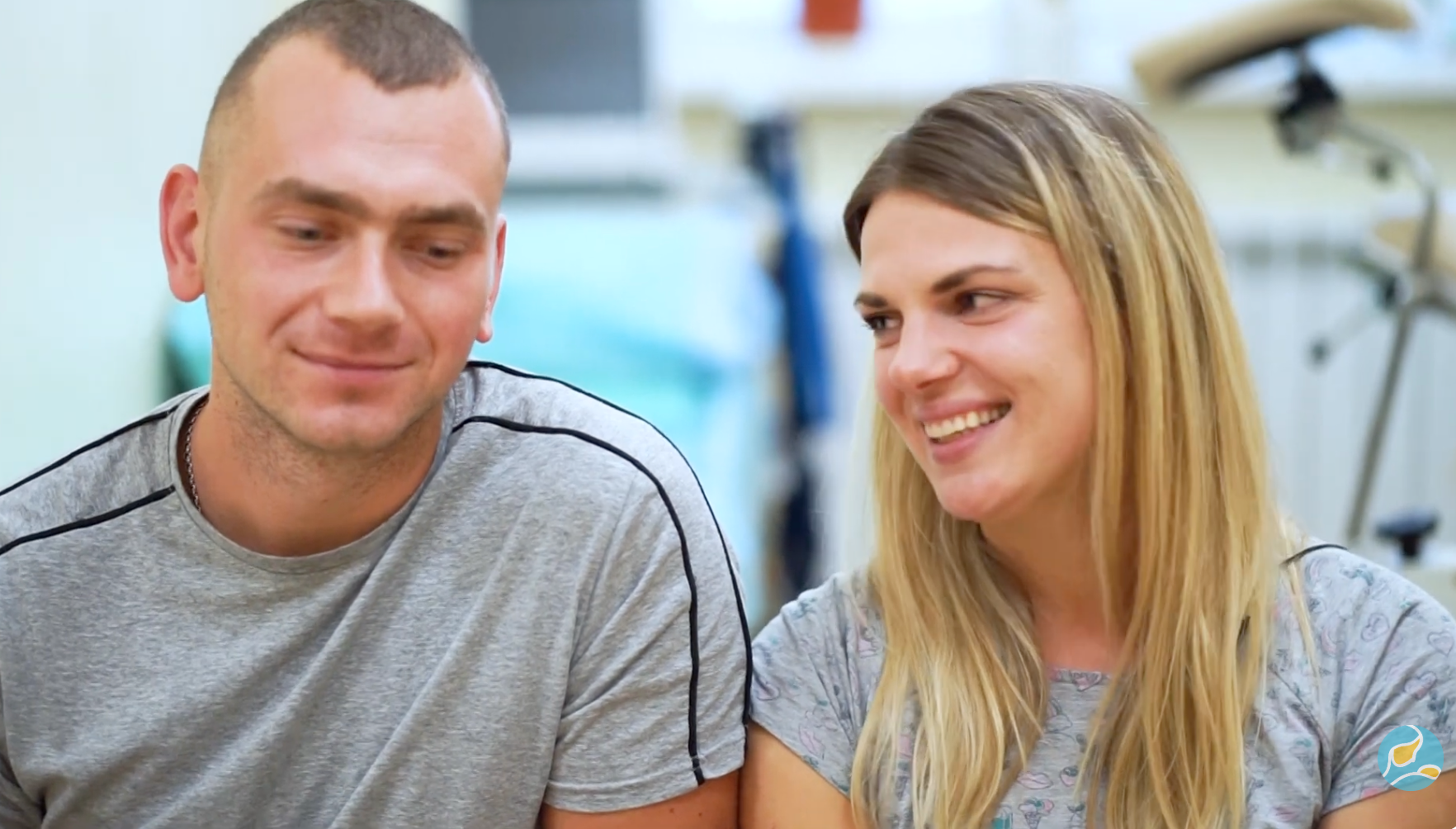
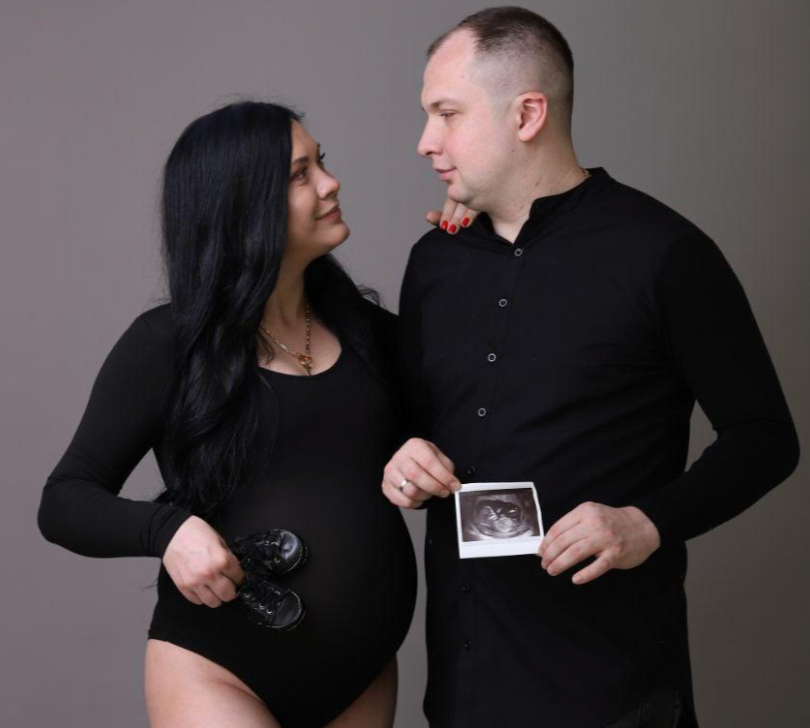
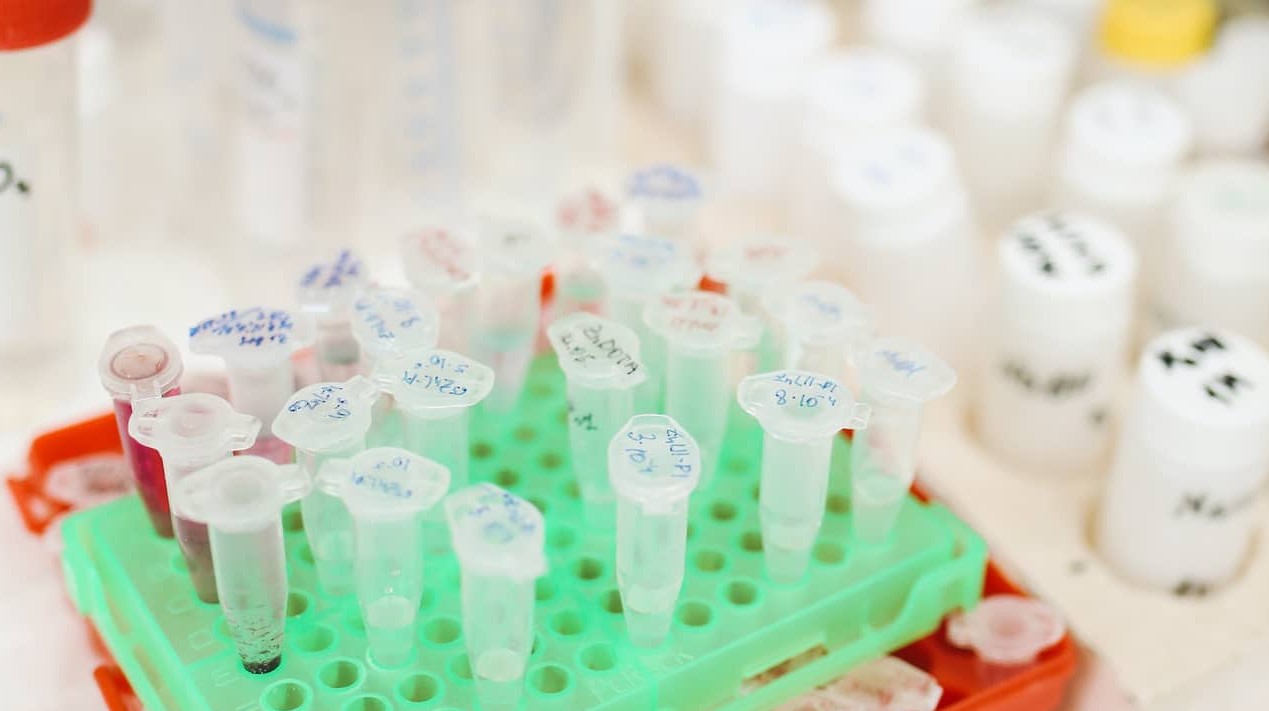
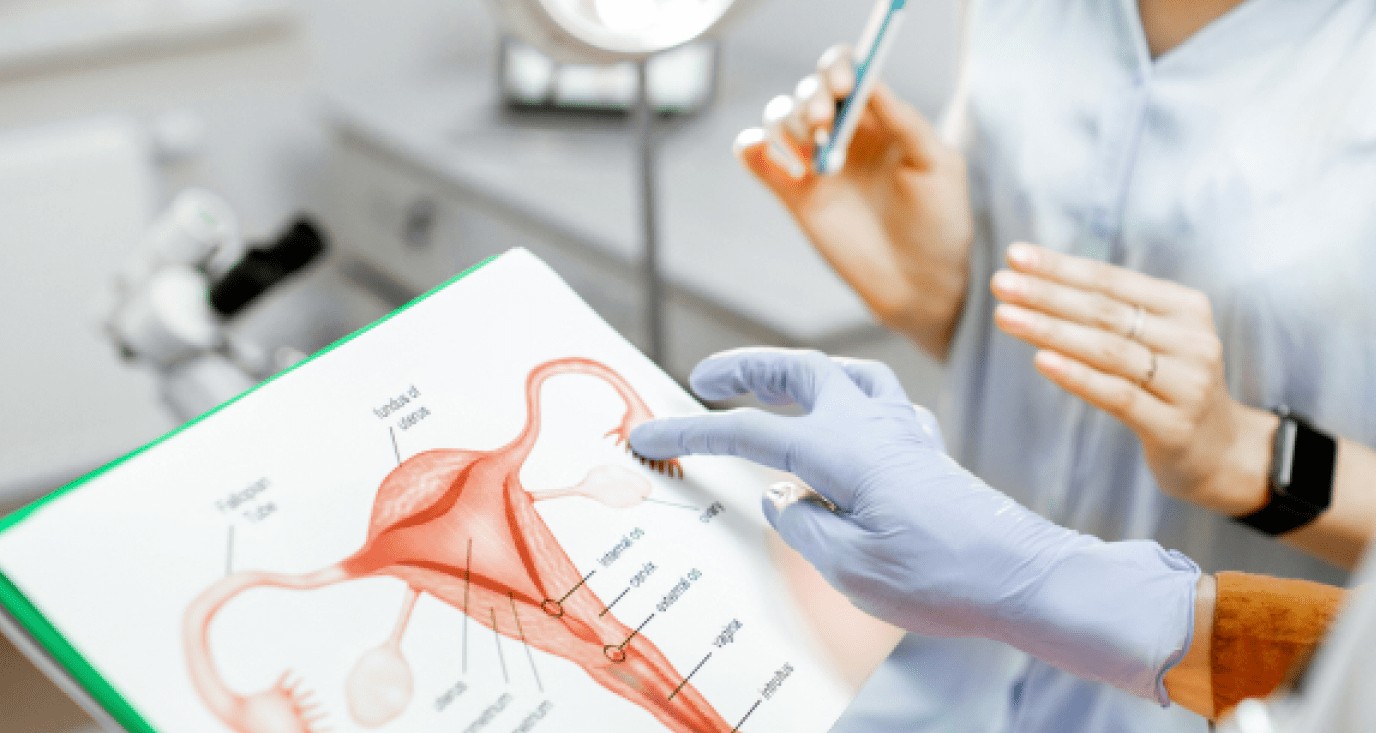
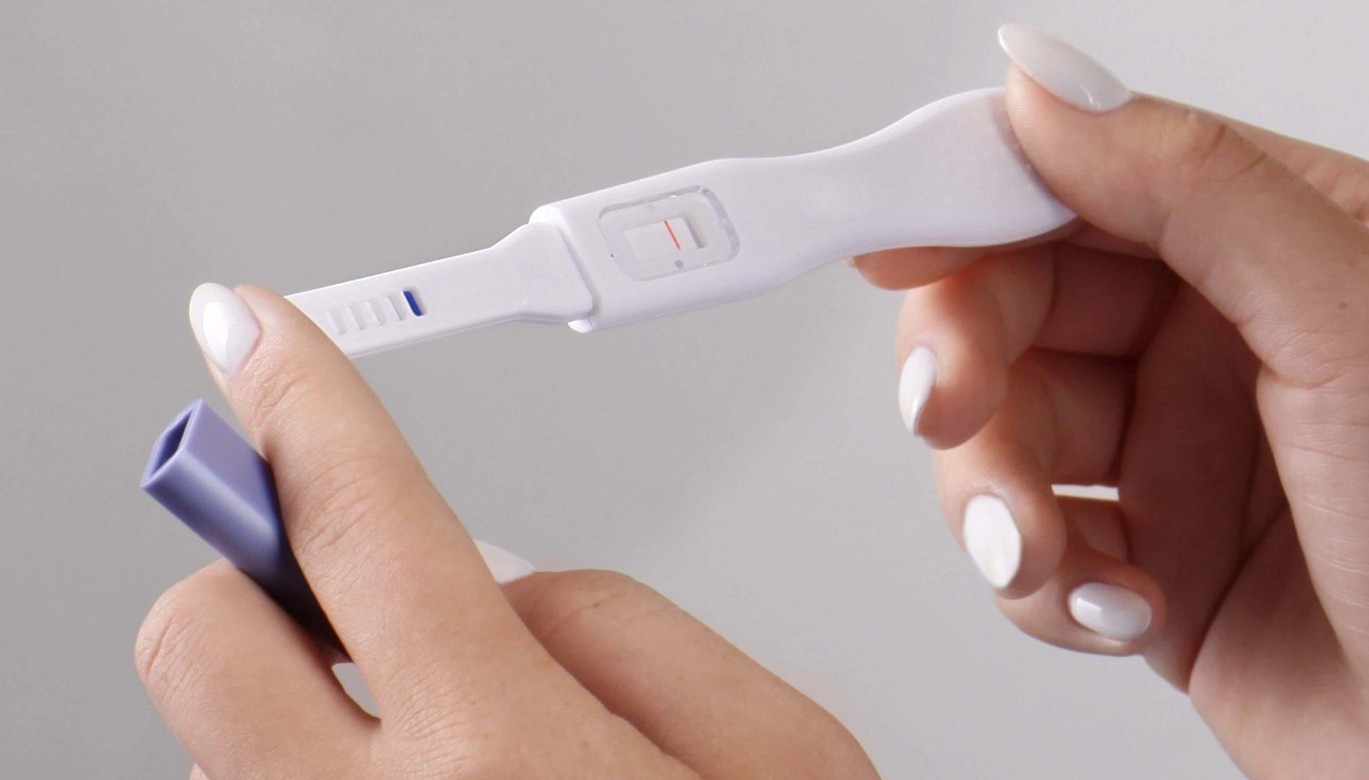


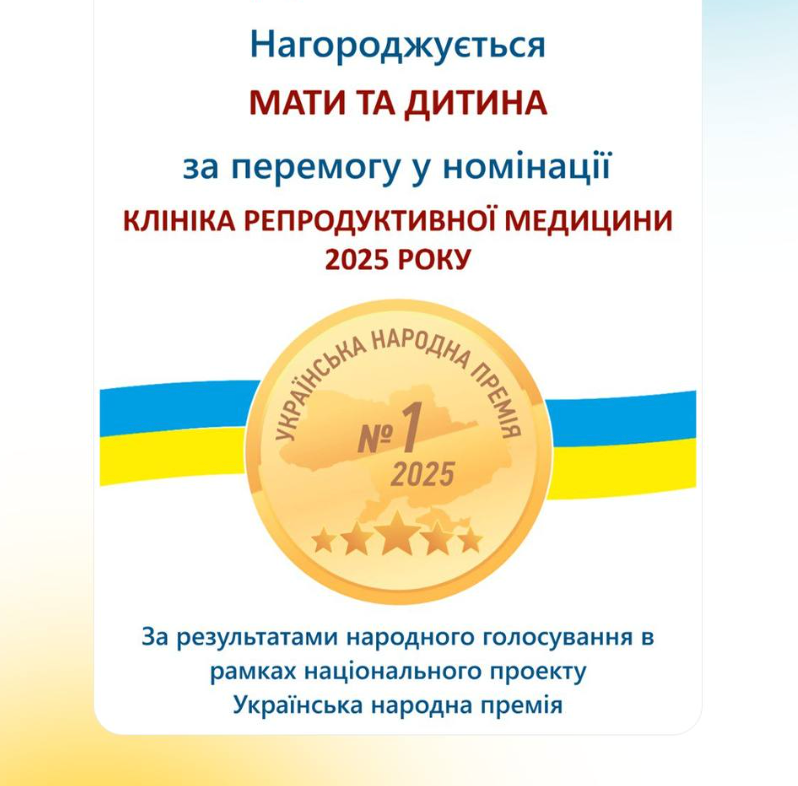
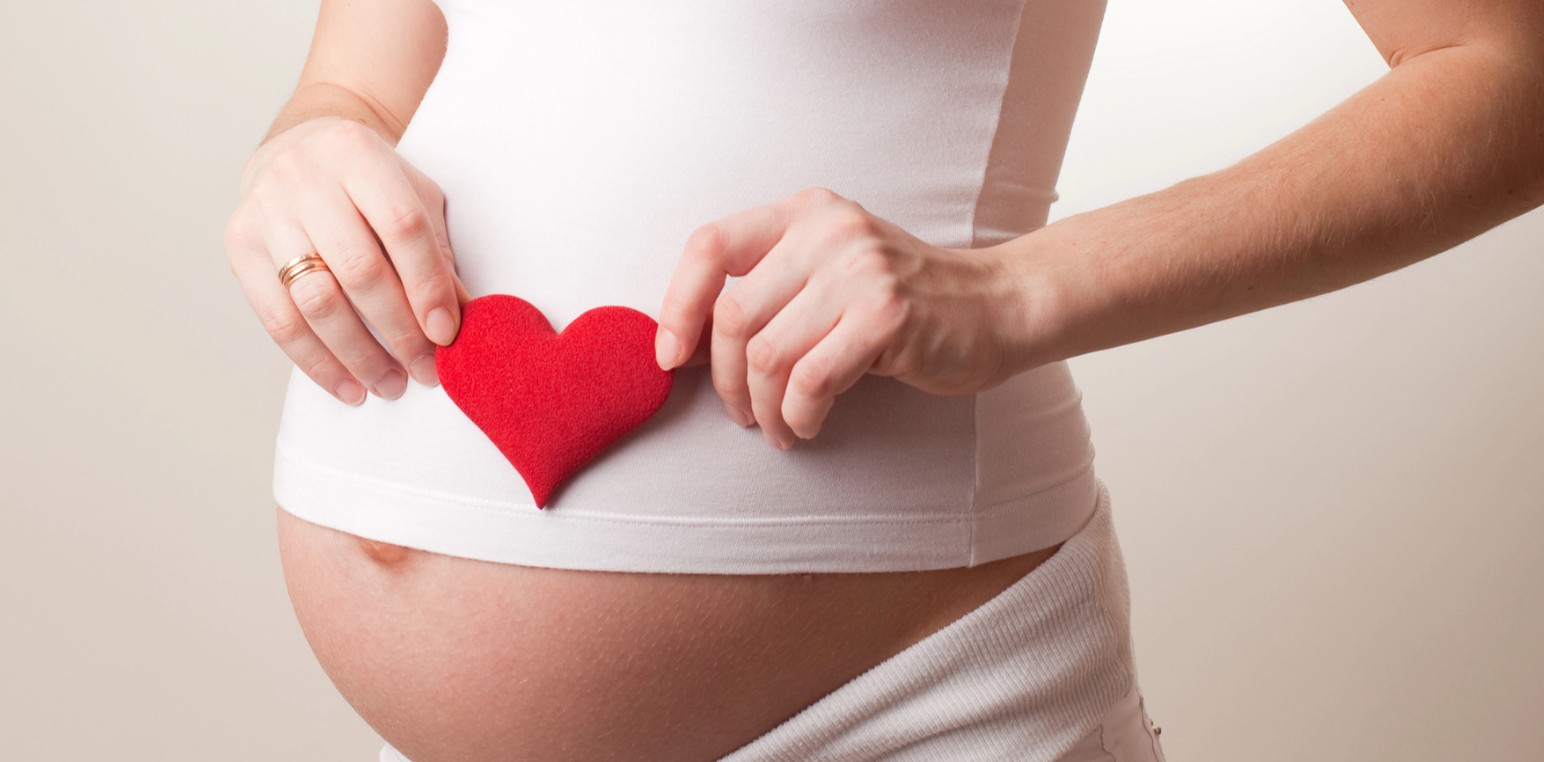

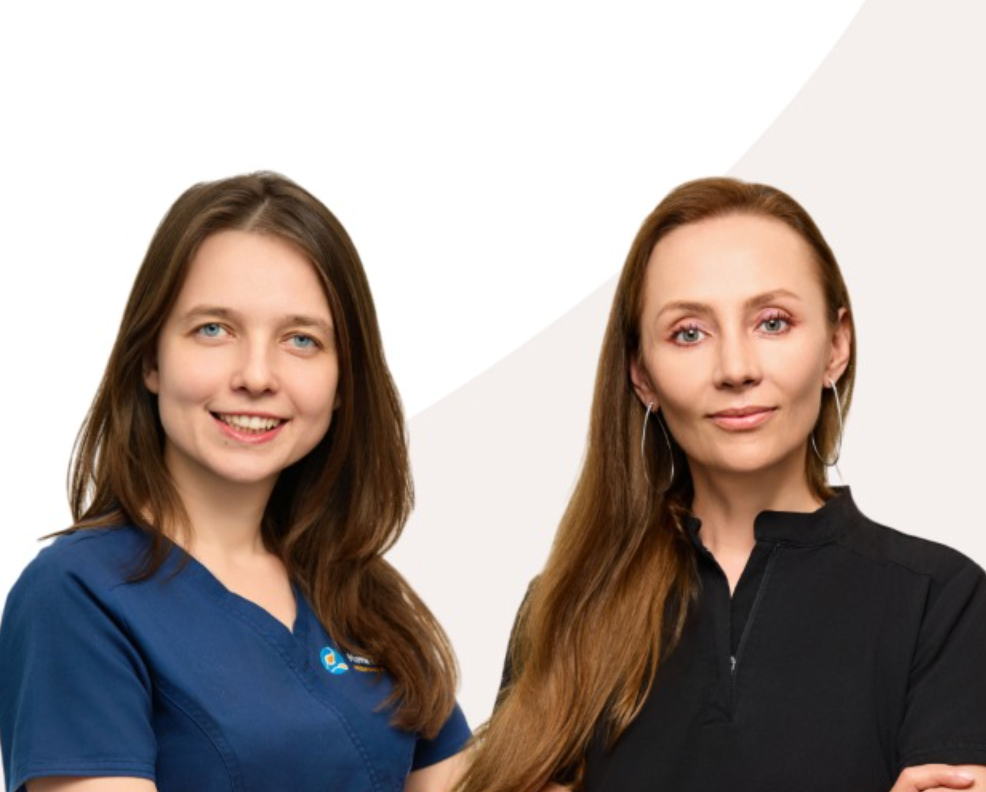
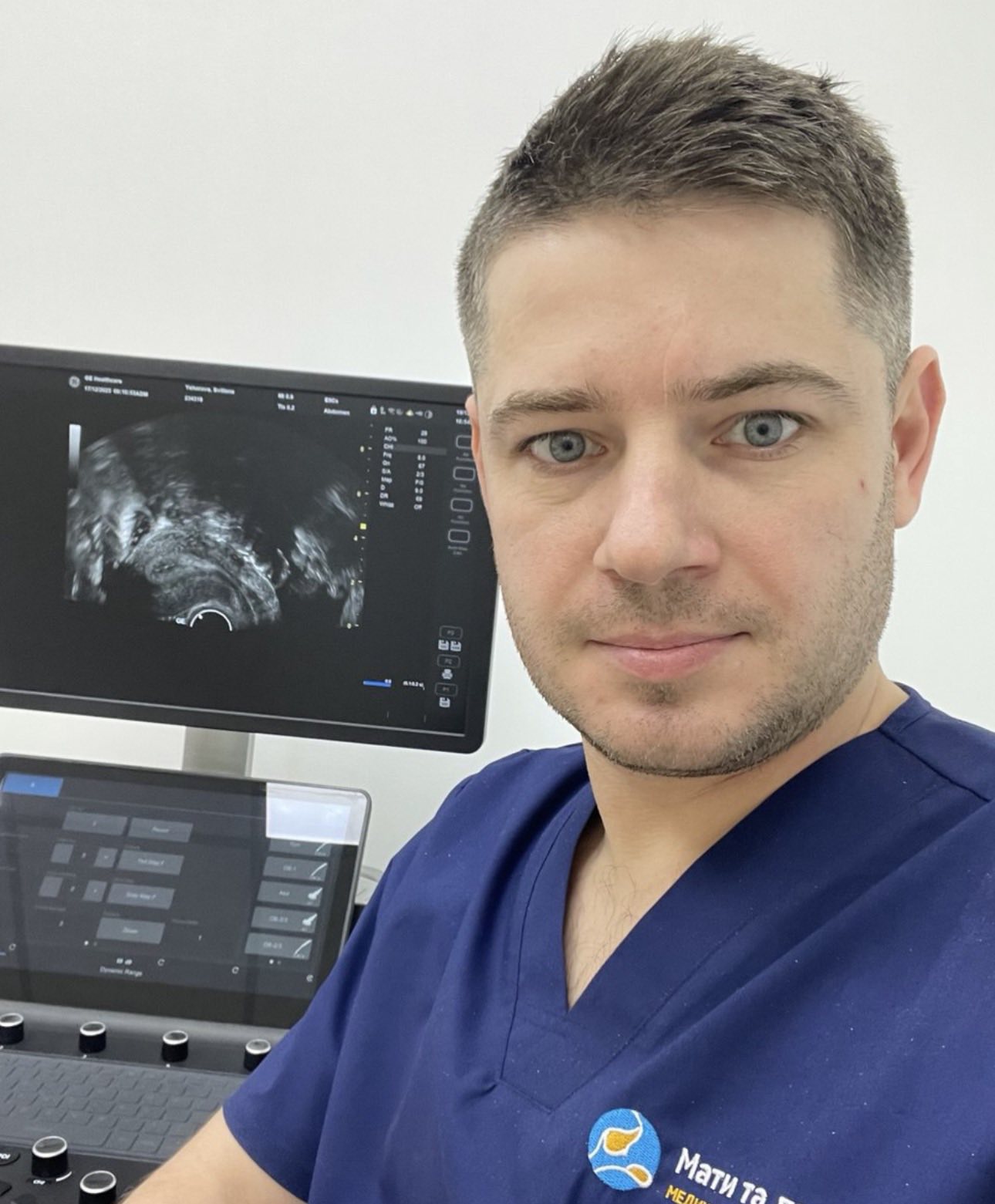
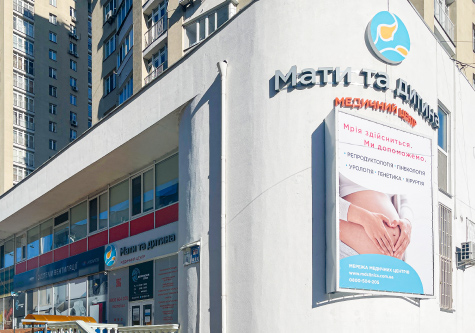

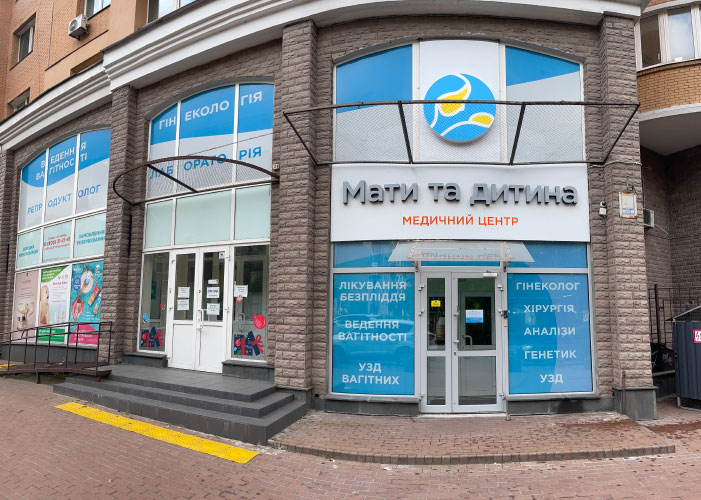


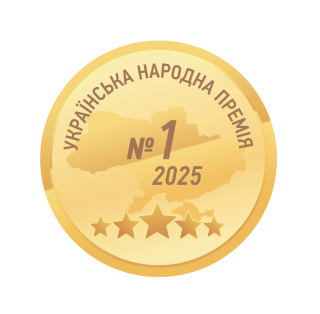
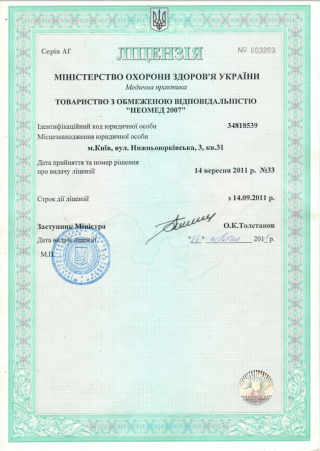
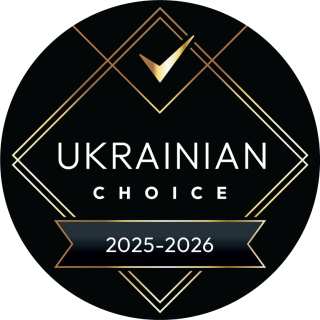

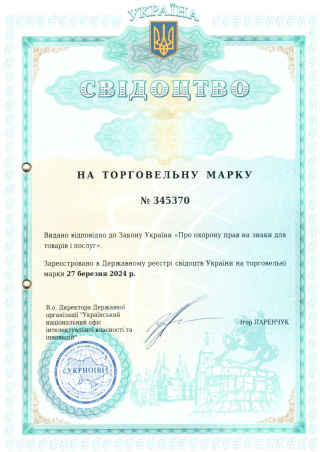
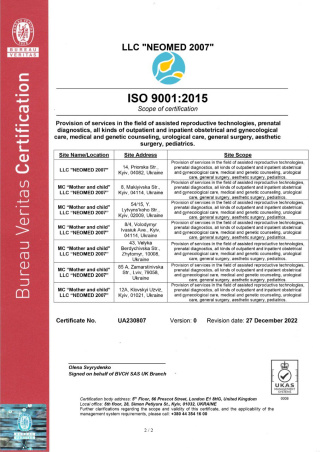
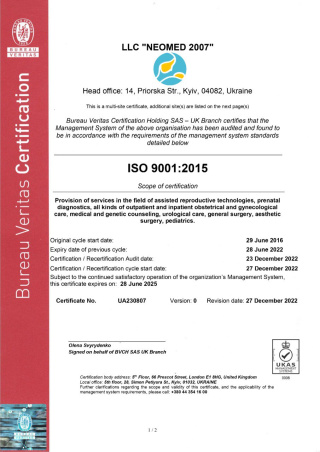


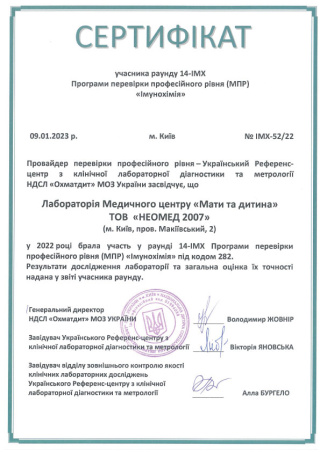


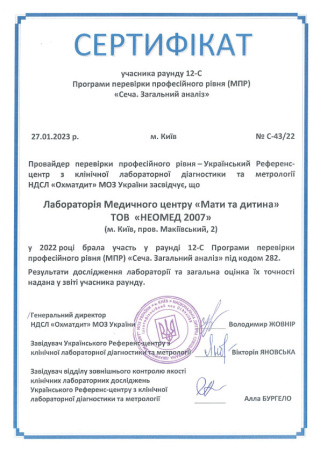
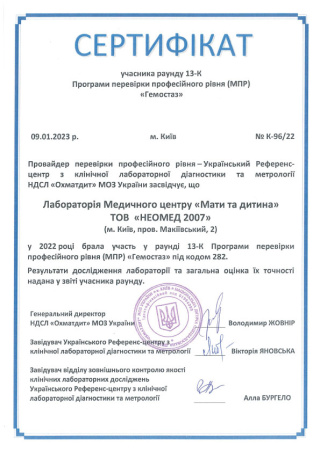

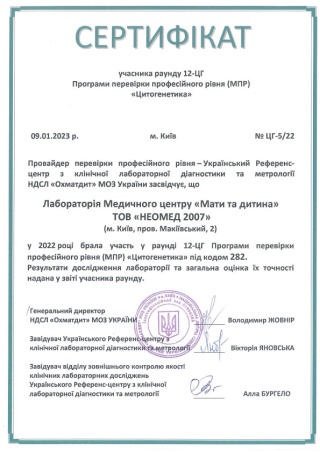
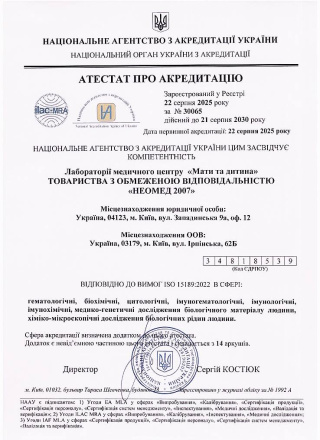
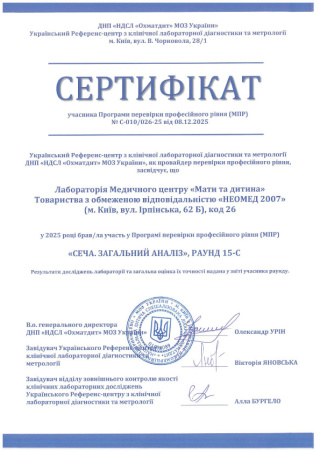
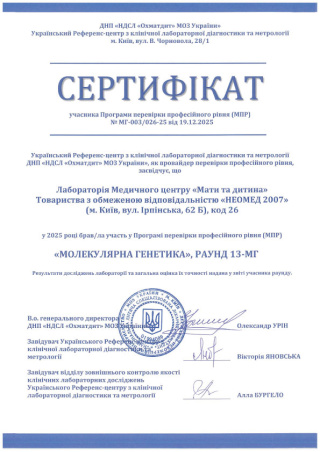
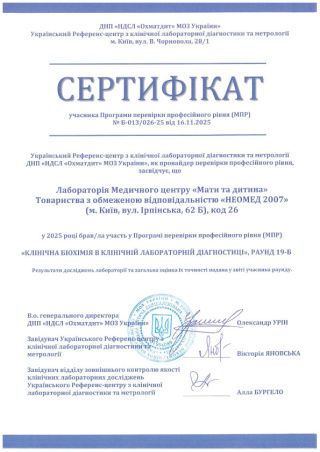
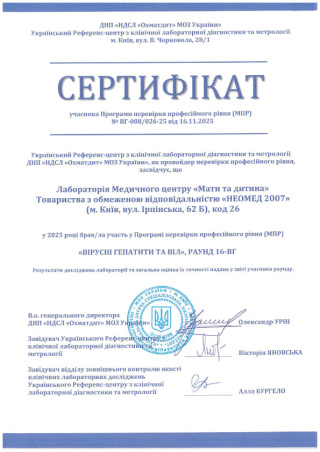
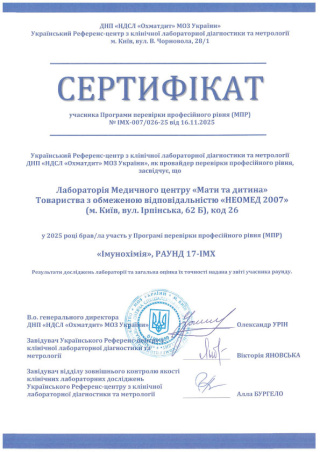
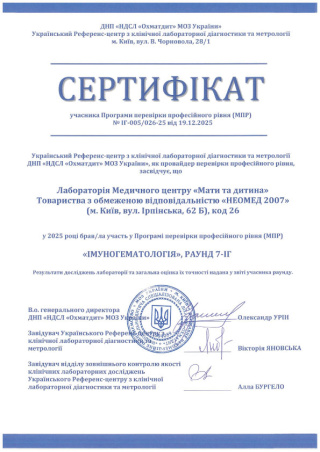
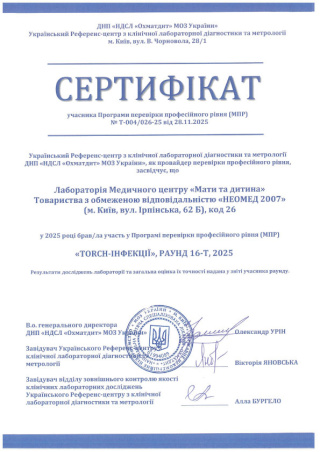
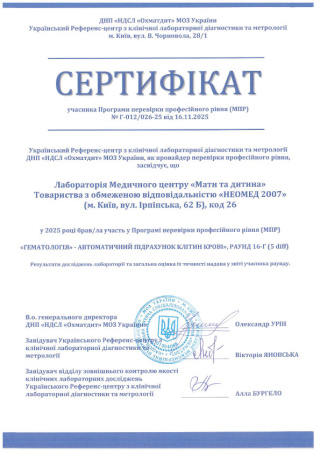
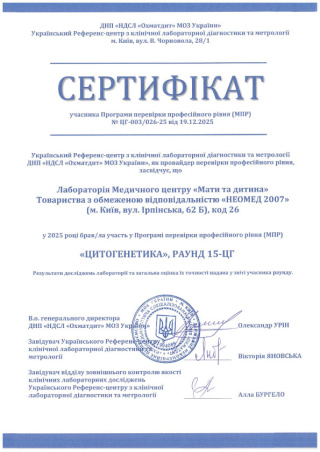
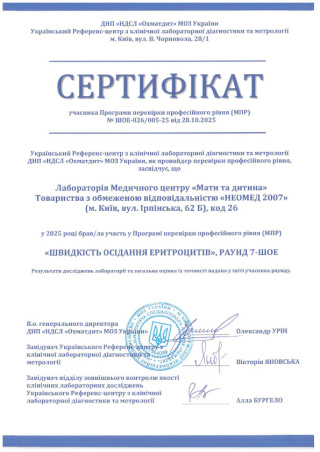
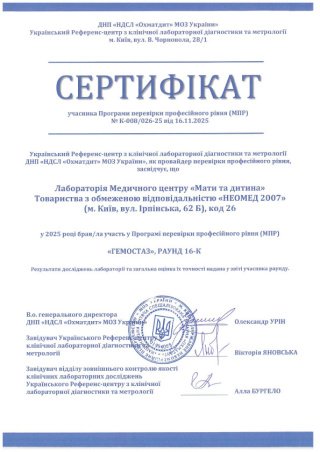
Reviews